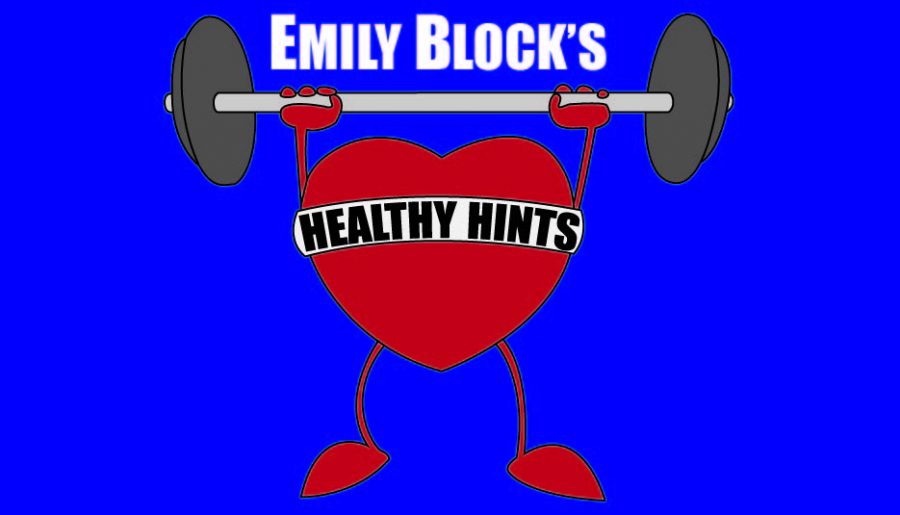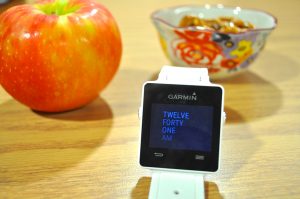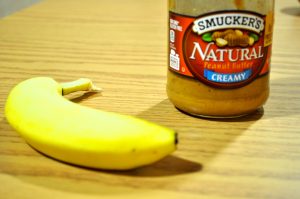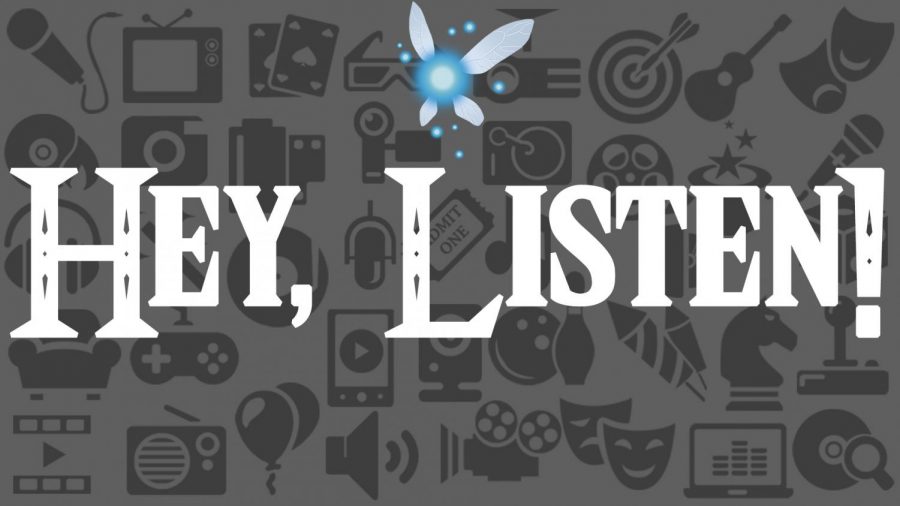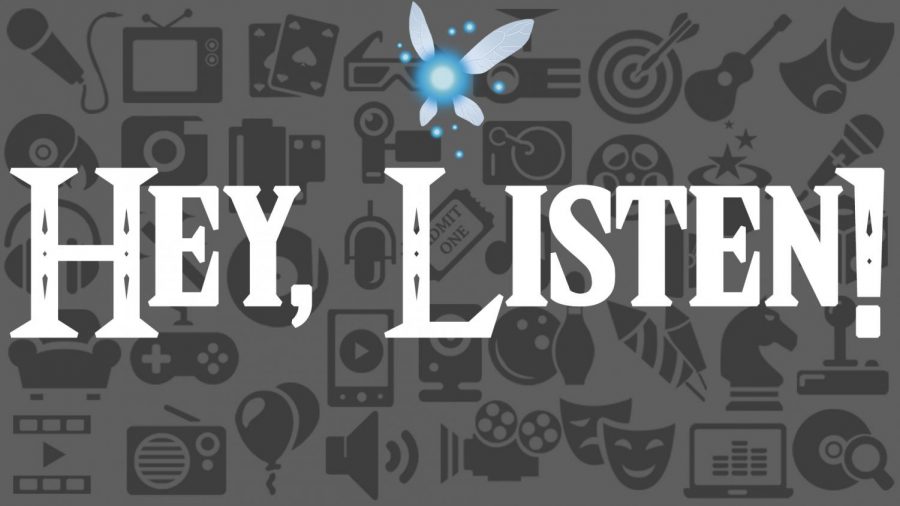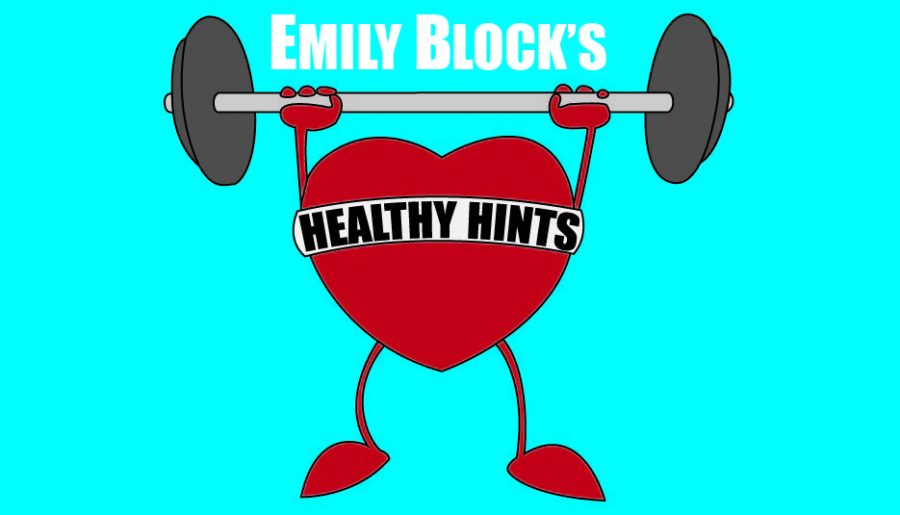Emily Block | Blogger
If you find yourself digging through the fridge at 9 PM, you’re not alone. Late night snacking is common among college students. While the idea that you shouldn’t eat after supper is a myth, late night snacking could certainly be taking a toll on your health. Of course, sometimes we need the extra boost—especially if a late night of studying is inevitable. However, if you’re routinely consuming an extra 300 calories every night before bed, your snacking habits could easily lead to weight gain.
Sometimes, we’re just physiologically hungry! Of course, in this case a late night snack would be justified. However, there are often other factors inspiring you to head on a late night quest to Dairy Queen. Here are some common issues, and what you can do about them:
1. You’re a procrastinator.
Whether it’s a homework assignment due at 8 AM or the fact that you (still) haven’t made your bed, a long to-do list can surely lead to an unplanned late night snack. I find that when I have too much to do, I mentally shut down everything-including my healthy habits. If you often find yourself with thoughts like “I’ll write my paper after I finish this sandwich” or “As soon as I’m done with these Oreos I’ll clean my room,” odds are procrastination is your issue. I find that the more I don’t want to do something, the more I procrastinate by snacking (or reading the entire internet), and usually I surrender to my bed long before I’ve started the pushed off task.
What to do:
Create a positive environment: I find that when my room is in order, my life is in order. If my desk is clean, I know that I’m more likely to do homework. However, when I come back to my room exhausted from a long day of classes only to find that my desk is a mess, I’m immediately discouraged. My mental to-do list has gone from “finish lab report” to the need to wash dishes, fold clothes, clean my desk, and organize papers before I can even think about starting homework. Most days this daunting task just overwhelms me and I head straight for my fridge. Usually I just create more dishes I don’t want to do and the cycle continues.
Tips:
• Clean up your room before you head to class for the day, especially if you know you’ll be doing homework later.
• Finish your homework in the library before heading back to the dorms.
• Break down your to-do list into small goals throughout the day, that way you’re not overwhelmed by a long list at the end of the night.
2. You’re an emotional eater
If you associate a bad day with Netflix and a pint of ice cream, negative emotions are probably what leads you to an unnecessary late night snack. If you’re an emotional eater, emotions play a big role in the push and pull of perceived hunger. Whether you’re upset, happy, or just bored emotional eating is a real issue that can lead to poor eating habits and even eating disorders.
What to do:
This is a super complex topic, but you need to start with separating your emotions from food. I find it really helps to take a few minutes and question your hunger. Emotional eating (or lack thereof) is something I have struggled with and I know it can be a vicious cycle, but it is possible to overcome!
Tips:
• Ask yourself if you would eat a healthy snack, like an apple. If the answer is yes, you’re probably truly hungry.
• Take a short walk and try to process your emotions. If you get back and you still feel hungry, have a small snack.
• Write down how you are feeling. Keeping a journal will help you sort out your emotions and it will also distract you from perceived hunger. Again, if you’re still hungry when you’re done, have a small snack!
• If you find that your emotions are causing you to restrict food, try to set aside a scheduled time to eat meals/snacks. Schedule dinner dates with friends who will keep you accountable.
3. You’re not getting the right nutrients
If you’re finding yourself prepared to eat an entire row of oreos, you might actually be needing something more organic (carbon!). Most cravings actually stem from vitamin and mineral deficiencies. When your body doesn’t have the right building blocks help support your metabolism, you’ll feel the effects.
What to do:
First: Drink a glass of water. Sometimes hunger is actually just a symptom of dehydration!
Second, EAT! Your body is trying to tell you something with those cravings. In the future, aim for a more balanced diet during the day, and try to incorporate a variety of different foods at each meal.
Tips:
• If you’re craving SUGAR, you might be deficient in tryptophan, which helps regulate mood, carbon, a building block of sugar, or chromium, which helps regulate your blood sugar. Nuts are a great solution as they offer all of these elements.
• If you’re craving CHOCOLATE, you’re might be deficient in magnesium. Go for a square of dark chocolate as this will offer a high magnesium content without spiking your blood sugar!
• If you’re craving FATTY FOODS, you might be deficient in calcium. Milk, cheese, and broccoli are a good solution.
Once stress and emotions are out of the picture, it’s pretty easy to get in touch with your hunger cues.
A few closing tips:
• Don’t snack at your desk! Your mind connects eating and the environment, so if you continually eat while studying at your desk or while watching Netflix in bed, it will become a habit. I like to step out into the lounge so my mind can distinctly separate my study/sleep space from where I eat.
• Don’t snack with distractions. Leave your computer, phone, or textbook behind and take the time to sit down and enjoy your food. This not only gives you a chance to relax, but also lets your brain know that you’re satiated.
• Portion size large bags of snacks as soon as you get them. Dividing pretzels or popcorn into smaller ziplock bags make them convenient to take on the go, but also lowers the likelihood that you’ll consume the entire family-sized bag.
• If you can, go to bed early. This will eliminate the possibility of a late night binge.
If you find yourself truly hungry in the late hours of the night, it’s okay to have a small snack. In fact, having a fat + carb combo before bed can help keep your blood sugar stable through the night, avoiding that pre-breakfast crash. Combinations like bananas with peanut butter or carrots and hummus a healthy choice to sustain your hunger while keeping your nutrition on track. Remember, it’s not about eating less—just eating right.
Emily



